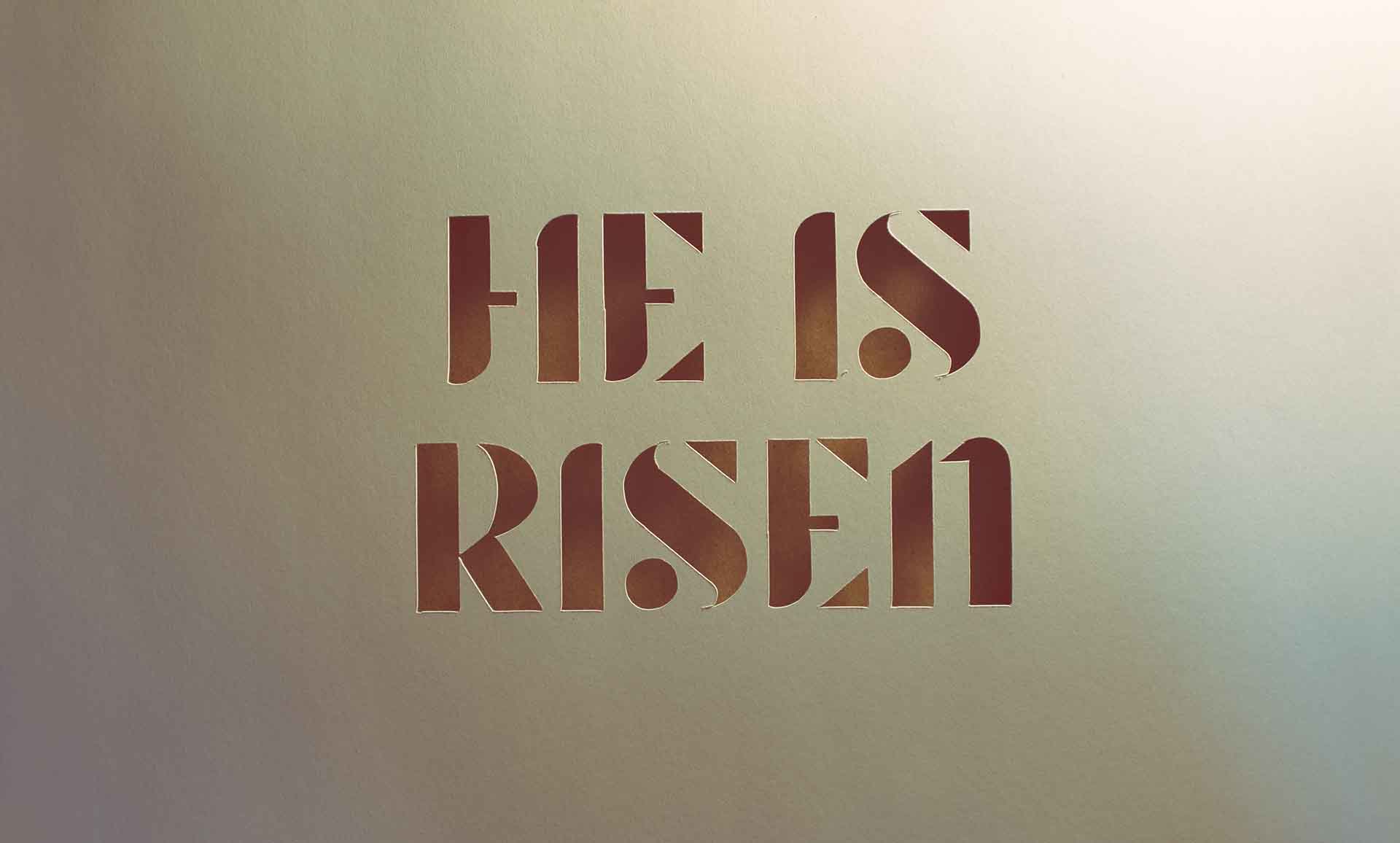“Therefore, since we are surrounded by such a great cloud of witnesses, let us throw off everything that hinders…and let us run with perseverance the race marked out for us.” — Hebrews 12:1
🌿 What Is All Saints’ Day?
Every November 1, Christians around the world celebrate All Saints’ Day — also known as All Hallows’ Day or Hallowmas — to honor the lives, witness, and steadfast faith of all saints, both famous and unknown, who have lived throughout Christian history.
It is a time for believers to reflect on the courage of those who came before us, to thank God for their example, and to renew our own devotion and commitment to the Lord’s service.
All Saints’ Day reminds us that we are not alone in our faith. We belong to a vast, living fellowship that stretches across time and space — the communion of saints.
🙏 Who Are the Saints?
Many people grew up thinking of saints as statues in stained glass or figures of the past. But Scripture paints a broader and more personal picture.
According to the Bible, all who put their faith in Jesus Christ for salvation are called “saints.”
“To the church of God in Corinth, to those sanctified in Christ Jesus and called to be saints.” — 1 Corinthians 1:2
God’s saints are not a spiritual elite but ordinary men and women transformed by extraordinary grace.
Every believer — past, present, and future — is set apart for God’s purpose through faith in Christ alone.
“For He hath made Him to be sin for us, who knew no sin; that we might be made the righteousness of God in Him.” — 2 Corinthians 5:21
This means you, too, are counted among the saints if you trust in Jesus. Like the believers in Corinth — flawed yet redeemed — you are a friend of God and part of His holy people.
🕊️ The Purpose of the Celebration
All Saints’ Day is a solemn remembrance that unites the entire body of Christ — across every generation, nation, and race — in one faith.
It is a day to:
- Remember those who have gone before us in faith.
- Thank God for their example, teaching, and courage.
- Be inspired to live faithfully in our own time.
- Look forward to the day when all believers will be united with Christ in glory.
The 1662 Book of Common Prayer describes it beautifully:
“The unification of Christians of all times, places, and races in Christ, and the perfection of that oneness in heaven.”
📜 The History of All Saints’ Day
In the early centuries of the Church, believers faced fierce persecution under the Roman Empire. Many Christians were martyred for their faith, and the Church began setting aside days to honor their memory.
Around A.D. 607, Emperor Phocas gave the Roman Pantheon — once a temple to pagan gods — to Pope Boniface IV, who rededicated it as a church in honor of “All Saints.”
Because there were far too many martyrs to commemorate individually, the Church chose to honor them all together in one great festival. Later, Pope Gregory III established November 1 as the official date for All Saints’ Day.
This date also helped transform pagan customs such as the Celtic festival of Samhain into Christian observance — hence the name “All Hallows’ Eve” (Halloween) for the night before.
🎃 The Connection Between All Saints’ Day and Halloween
Before All Saints’ Day came to be celebrated on November 1, people referred to the evening before as “All Hallows’ Eve.” Over time, that term became “Halloween.”
The original intent was to prepare believers to honor the saints — a spiritual vigil before the holy day.
However, as centuries passed, many pagan and superstitious customs blended with the Christian observance.
While today’s Halloween often centers on costumes and candy, its Christian roots remind us of the victory of light over darkness, and of Christ’s triumph over death and sin.
🌍 Global Traditions and Practices
Different Christian traditions observe All Saints’ Day in unique ways:
- Roman Catholics, Lutherans, Anglicans, and Methodists commemorate it on November 1.
- Eastern Orthodox Christians celebrate it on the first Sunday after Pentecost.
Common observances include:
- Attending church services.
- Reading the Beatitudes (Matthew 5:1–12).
- Praying in thanksgiving for the saints.
- Visiting the graves of loved ones and leaving flowers or candles.
- Singing hymns such as “For All the Saints,” which celebrates the faithful who have finished their race and now rest in Christ.
In Latin American cultures, All Saints’ Day is often followed by All Souls’ Day (November 2), where families visit cemeteries, share meals, and celebrate the lives of their departed loved ones with music and remembrance.
✨ The Meaning for Believers Today
While Scripture does not command us to pray to the dead (Matthew 6:6; 1 Timothy 2:5), it does encourage us to remember and be inspired by the “great cloud of witnesses” whose faith testifies to God’s power and grace (Hebrews 11–12).
The saints remind us that faith can endure persecution, that love can overcome hatred, and that obedience to Christ is always worth the cost.
Their stories echo through eternity:
“Believe in God — He can be trusted.”
“The Lord is compassionate — rely on Him.”
“His grace sustained me — and it will sustain you.”
💬 Reflection and Application
As you observe All Saints’ Day, take time to:
- Thank God for the men and women who strengthened your faith — pastors, parents, mentors, or friends.
- Read a passage from Hebrews 11 and reflect on how you can imitate their faith.
- Pray for courage to serve God faithfully in your generation.
- Rejoice in the promise that one day, you will join that great cloud of witnesses in the presence of Christ.
“For the Lamb at the center of the throne will be their shepherd; He will lead them to springs of living water. And God will wipe away every tear from their eyes.” — Revelation 7:17
🌺 Closing Thought
All Saints’ Day is not just about the saints of the past — it’s about the saints of today and the hope of tomorrow.
It’s a celebration of what God has done, what He is doing, and what He will complete when His people are united in glory.
“For all the saints who from their labors rest,
Who Thee by faith before the world confessed,
Thy name, O Jesus, be forever blessed.
Alleluia! Alleluia!”



